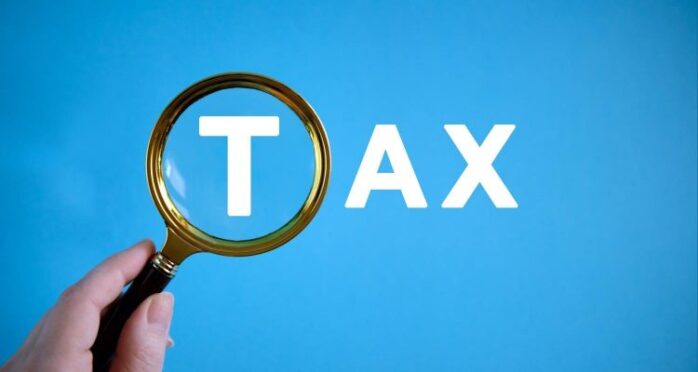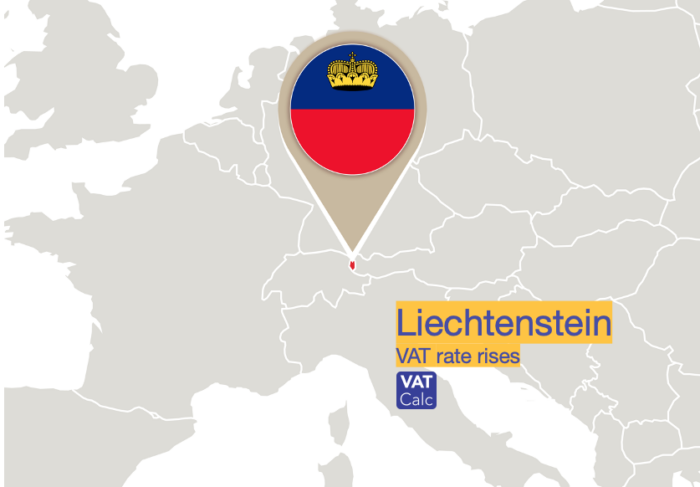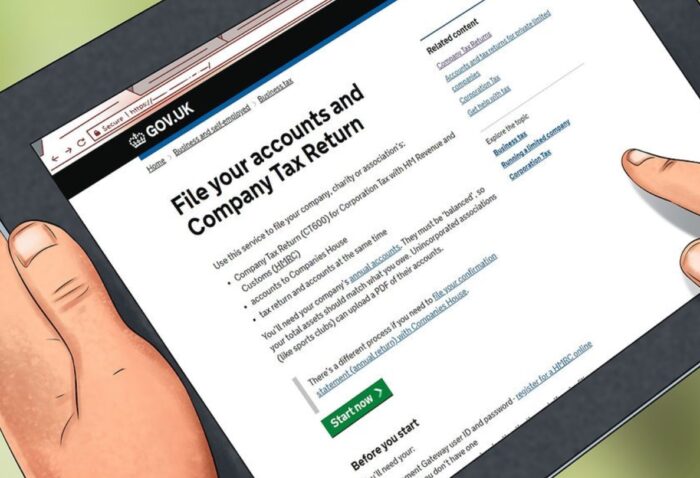
The main advantages that Liechtenstein offers to foreign investors are a beneficial tax system and a well-developed banking industry.
Together with Swiss banks, banks in Liechtenstein are regarded as the most secure financial institutions in the world. This fact has made the jurisdiction popular with offshore company founders who also open bank accounts there.
The Principality of Liechtenstein is a tiny independent state in the center of Europe. Notwithstanding its small size, however, the indicators of economic development are impressive indeed in Liechtenstein. It has one of the highest GDP per capita in the world. The official currency in Liechtenstein is the Swiss franc and the official language is German.
Liechtenstein is not part of the European Union, which brings both advantages and disadvantages. On the one hand, the EU fiscal and banking legislation is irrelevant in Liechtenstein. On the other hand, the locally registered companies cannot use the fiscal bonuses granted by EU directives to recipients of dividends, interests, and royalties.
Taxes are low in Liechtenstein by European standards. The lowest income tax rate can be 7.5% while the highest tax rate cannot exceed 20%. Besides, if the company conducts business activities inside Liechtenstein, some tax benefits become available to it.

The capital tax depends on the capital amount in Liechtenstein
All resident companies pay capital taxes in Liechtenstein. The rate is 0.2% of the net assets of the company. However, holding companies and companies domiciled in Liechtenstein enjoy tax cuts. The tax rate is twice as low for them provided that they pay at least 1,000 Swiss francs per year.
The tax rate is even lower for investment companies and funds. Funds with the assets of up to 2 million Swiss francs pay the capital tax at the rate of 0.075% and funds with assets above 2 million francs pay it at the rate of 0.005%. The tax rate for investment companies is 0.04%.
The VAT is lower in Liechtenstein than in Europe on average
The main indirect tax in Liechtenstein is the VAT, similarly to other European countries. However, unlike many other countries on the continent, Liechtenstein charges the VAT at a lower rate of 7.6%. Some business activities are taxed at even lower rates of 3.6% (utility services, for example) or 2.4%. Some operations are exempted from the VAT such as charitable activities as well as cultural, educational, and religious services. Exported goods and services are also VAT-exempt in Liechtenstein.
The income tax is levied at two levels in Liechtenstein
Natural persons obtaining incomes in Liechtenstein shall pay an income tax, a property tax, and a social security tax.
The income tax is charged at two levels: the national one and the municipal one. The national income tax rate is 1.2%. Depending on the particular canton, however, the tax rate can be as high as 16.8%. Thus, you may end up paying 18% as an income tax in Liechtenstein.
In addition to the income tax, a salaried employee has to pay a social security tax. The rate is 4.3% of the salary and the tax is deducted from the salary by the employer.

Liechtenstein tries to combat money laundering practices
In 2000, FATF put Liechtenstein on its black list of countries unwilling to take measures against money laundering and to cooperate with international financial regulators. Next year, however, Liechtenstein was taken off the black list.
This became possible because the Principality had taken serious efforts to combat money laundering and agreed to follow 40 of the FATF recommendations. Currently, Liechtenstein complies with its obligations under all modern money-laundering conventions and, as a consequence, exchanges fiscal information with almost all countries of the world.
Why register a holding company in Liechtenstein
As far as bilateral treaties on avoiding double taxation are concerned, Liechtenstein has signed only one such treaty with Austria. The need for such a treaty is attributable to the fact that a considerable number of Austrians living close to Liechtenstein have jobs in the Principality. For this reason, an entrepreneur from any other country can benefit from registering an international holding company in Liechtenstein and accumulating the capital generated by the subsidiary companies. The capital can be transferred to any foreign country in the form of dividends or interest. Alternatively, the company founder can spend the money in Liechtenstein the way he or she likes.
Several forms of company ownership are available in Liechtenstein
The Companies Act has been in effect in Liechtenstein since 1926 and the Trusts Act has been in effect since 1928. You can choose from several forms of company ownership if you would like to use Liechtenstein for tax planning, asset protection, and capital management purposes:
- Public Limited Company (Aktiengesellschaft);
- Institution (Anstalt);
- Trust Enterprise (Vertrauen Unternehmen);
- Fund (Stiftung);
- Trust (Trust).
Please follow the link if you would like to learn more about the process of setting up an offshore business company in Liechtenstein or elsewhere.

A Public Limited Company can be created for many different purposes. It can be international trade or management of the assets of subsidiary companies. The minimum registered capital is 50 thousand Swiss francs of the equivalent in dollars or euros. The registered capital has to be deposited in full. Please note that bearer shares can be issued in Liechtenstein. A Public Limited Company comes into existence when it is registered with the Trade Register.
Institutions and Trust Enterprises are different from a PLC in the following respect: their capital is not divided into shares. The minimum registered capital is 30 thousand francs.
A Fund can be used for family purposes (for covering the tuition, providing allowances to disabled family members, etc.), for charitable purposes (providing support to scientists, artists, etc.) or for religious purposes. A fund can be established by a natural person or a corporate entity. The minimum registered capital is 30 thousand Swiss francs.
A Trust can be revocable or irrevocable in Liechtenstein. A trust can be used for the same purposes as a fund, but the trust structure is more flexible: the Trustee has more freedom in choosing what the trust money can be used for. The minimum amount of capital that can be put in trust is not specified in the Liechtenstein legislation but the sum is seldom less than 1 thousand francs. Please also note that the law in Liechtenstein says nothing about how long a trust registered in the country can remain in existence.
No such country
We would like to end the text with a curious note. Most EU members recognize Liechtenstein as an independent state but the Czech Republic and Slovakia insist that no such country exists. The matter is that the Prince claims several pieces of property located in the two countries. His family lost the property at the beginning of the 20th century when Czechoslovakia was created and the property was nationalized. The Czech and Slovak governments refuse to officially recognize Liechtenstein as an independent state until the Prince abandons his claims.





